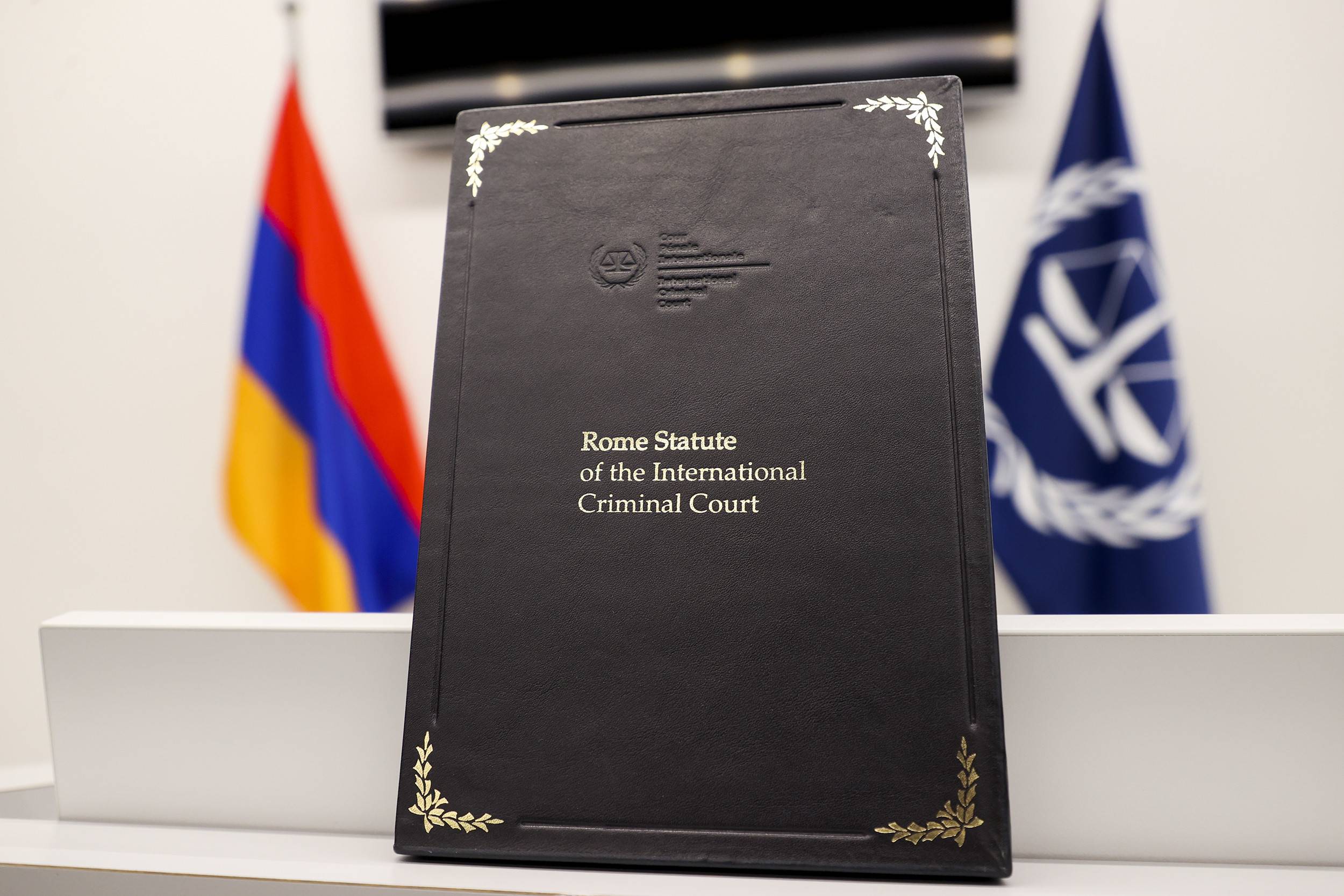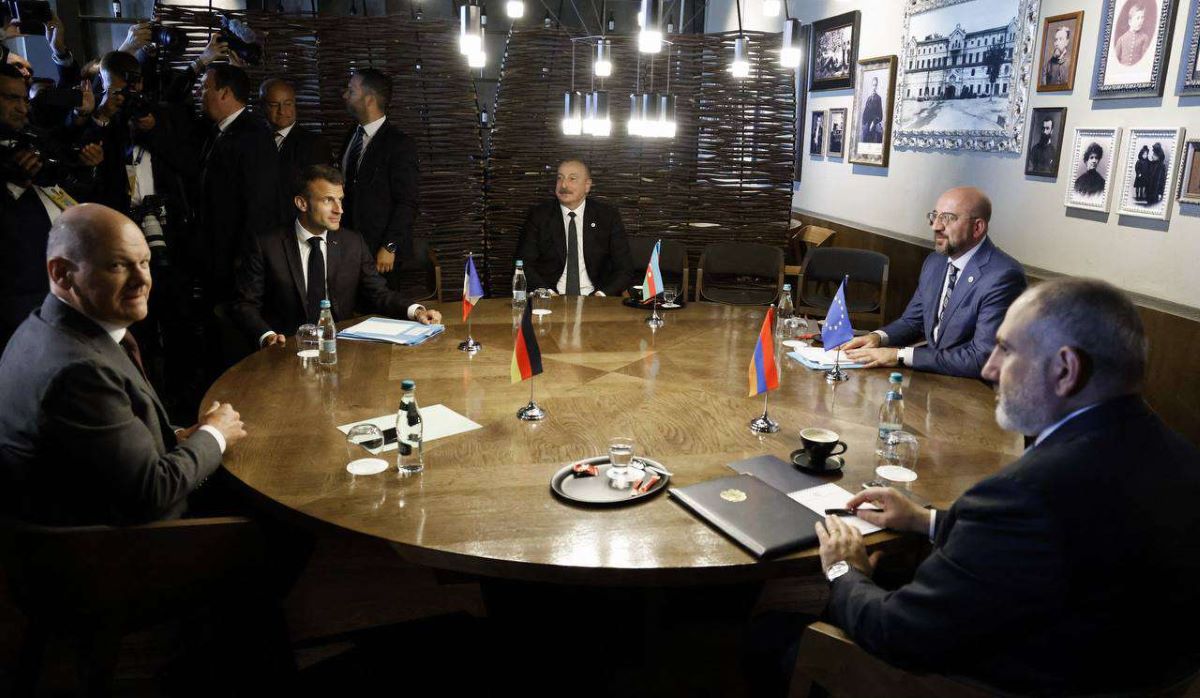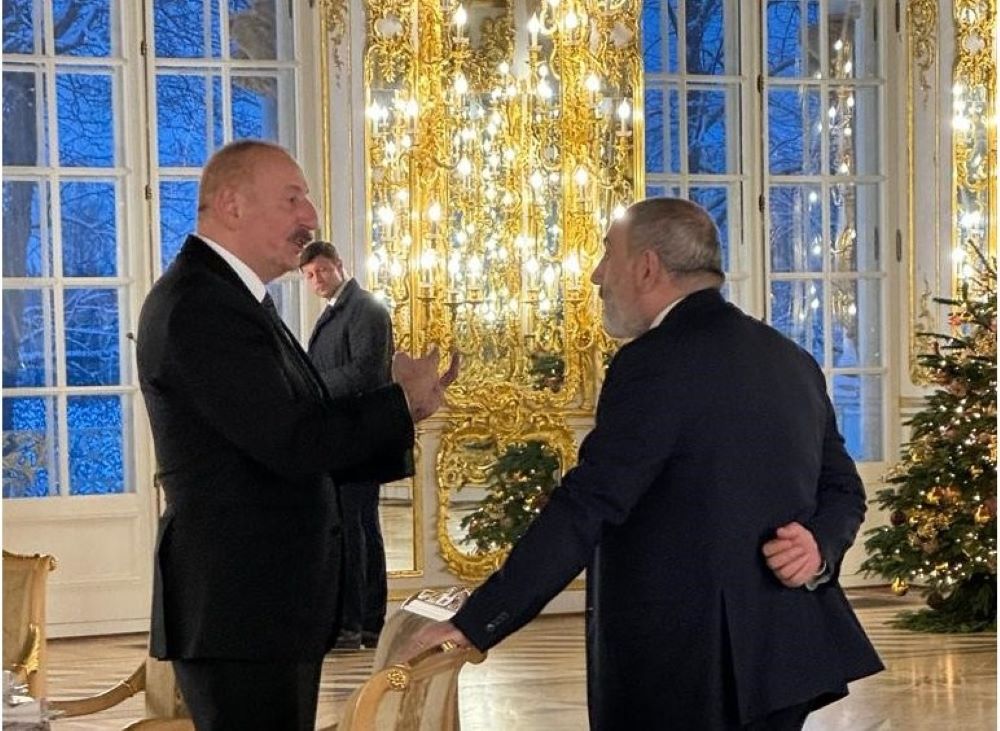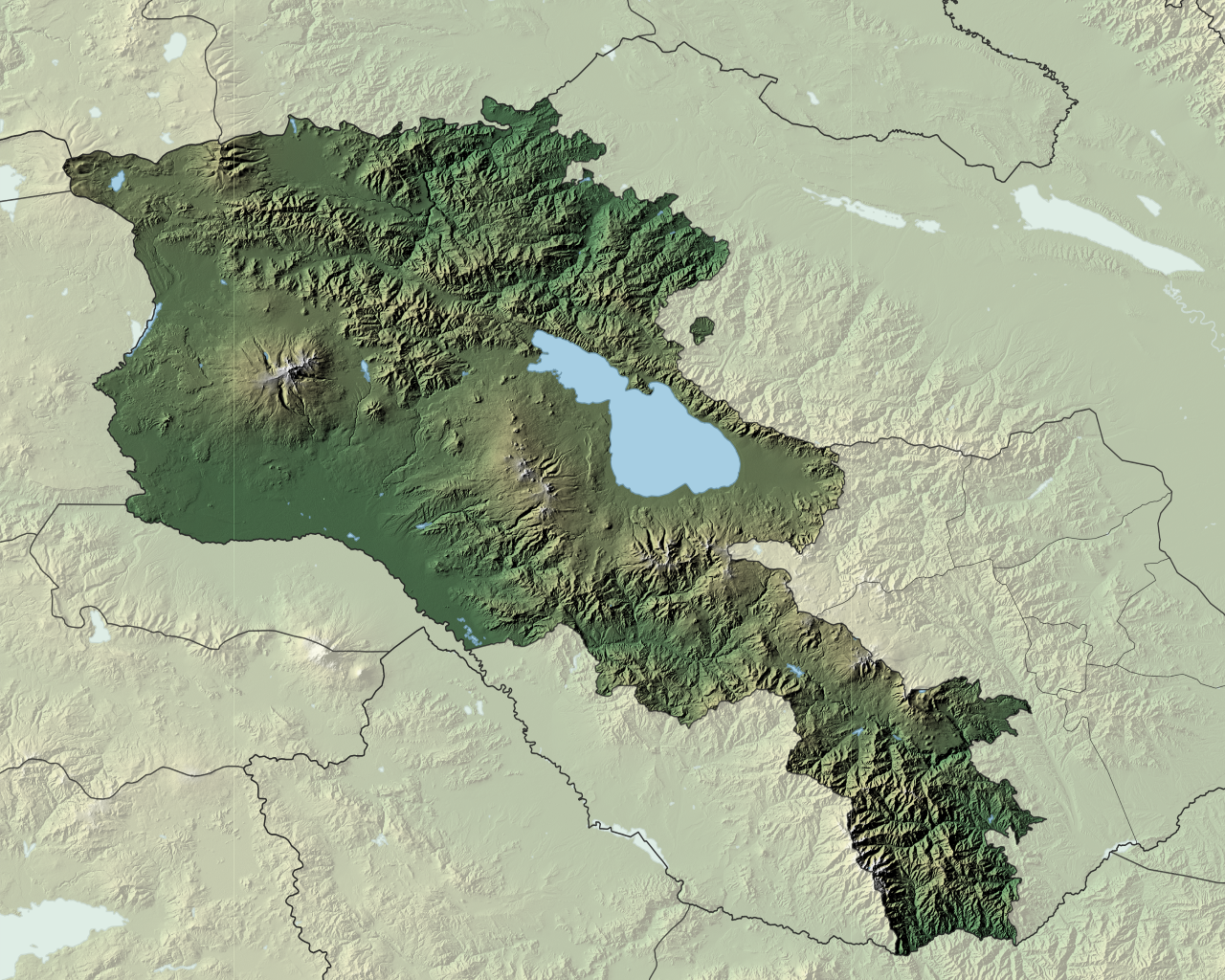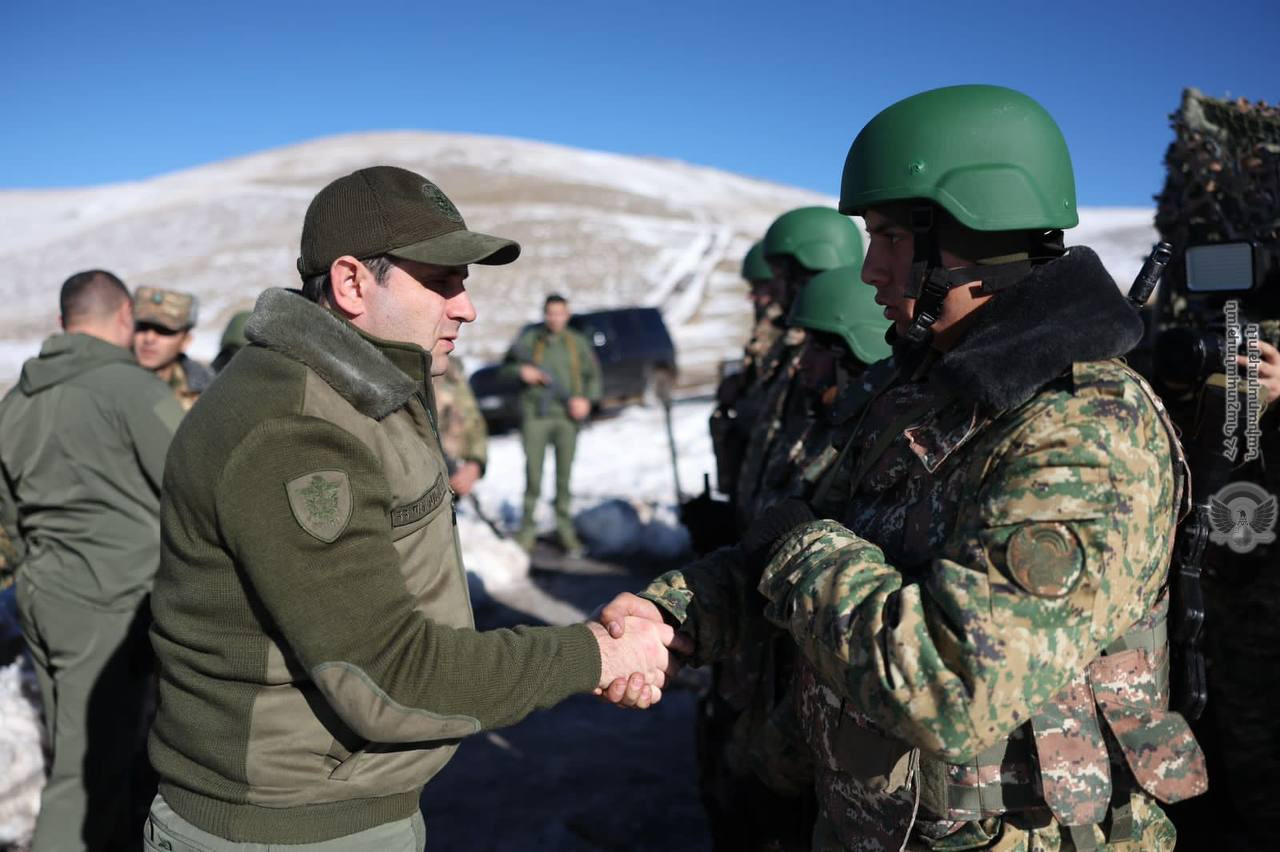Opinion: “Baku and Moscow's aim is to sideline the West from the region”
Baku’s plans
The Munich Security Conference 2024 convened political leaders from nearly 150 countries, including representatives from Armenia and Azerbaijan. Armenian Prime Minister Nikol Pashinyan is scheduled to hold bilateral meetings with his counterparts as part of the international forum, though a meeting with Ilham Aliyev has yet to be confirmed.
Should it occur, a prospect doubted by Armenian experts, it would mark the first meeting after the Azerbaijani president’s prolonged avoidance of Western platforms. Additionally, it’s notable that the potential meeting follows another border escalation, resulting in the deaths of four Armenian soldiers.
Ahead of the departure of the Armenian and Azerbaijani heads to Munich, Russian officials issued skeptical and critical statements concerning Western mediation.
Specifically, Russian Security Council Secretary Nikolai Patrushev remarked, “The West is attempting to destabilize the situation in the South Caucasus and hinder a resolution between Armenia and Azerbaijan, which has led to an aggravation of the situation.”
“The future of the South Caucasus should be decided by the countries that consider this region their homeland. The USA, France, and EU states are not among these countries. Thus, involving non-regional forces and Western entities in the region is counterproductive, a tendency observed unfortunately in Yerevan. Their objective is to marginalize Russia from the process and generate additional tension near its borders”, Russian Deputy Foreign Minister Mikhail Galuzin stated.
What are the potential developments at the Munich conference, and what are Azerbaijan’s objectives in the short and long term? Azerbaijanologist Tatevik Hayrapetyan provides commentary.
- “Baku intends to escalate border tensions into full-scale war” – Pashinyan
- “EU-Armenia relations are currently stronger than ever”- Borrell
- Pashinyan dodges tough queries: interview with The Telegraph
Commentary
By Tatevik Hayrapetyan, an expert on Azerbaijan
Statements in unison
“The remarks of Russian officials closely resemble those articulated by official Baku, even if they are not directly attributed to President Aliyev but rather to deputies of the ruling faction. Aliyev’s rhetoric, along with that of his entire team, is aimed at opposing the West and its influence in the region. The recent escalation is seen as part of this policy.
However, Aliyev is cunning, preferring to avoid direct confrontation with the West. Nevertheless, he is reluctant to continue negotiations with Armenia under a Western framework.
If the meeting does occur in Munich, Aliyev will likely strive to ensure its inconclusiveness and maintain a formal tone.
On Western platforms, Aliyev has already secured what he sought: Armenia’s recognition of its territorial integrity, including Artsakh. Now, faced with the expectation to reciprocate by acknowledging Armenia’s territorial integrity, Aliyev seeks to evade this obligation.
In this regard, he maintains close cooperation with Russia. However, he refrains from severing ties entirely with the West to avoid being perceived as a dictator.”
Aliyev’s approach
“Azerbaijan’s ambitions and demands are escalating daily. With his recent elections, voting with his whole family in Nagorno-Karabakh, and the declaration of a ‘new era’ post-elections, Aliyev has signaled a shift towards resolving regional issues through the threat of force and warfare. He has seemingly digested the outcomes of the Artsakh conflict, including ethnic cleansing and the forced displacement of Armenians.
Aliyev’s statements, both preceding and following his elections, unmistakably outline his political stance.
For instance, during his inauguration speech, he emphasized the strength of his military and the acquisition of new weaponry, while simultaneously issuing threats to Armenia: failure to meet his demands will incur consequences, reminiscent of the repercussions of the 44-day war in 2020.”
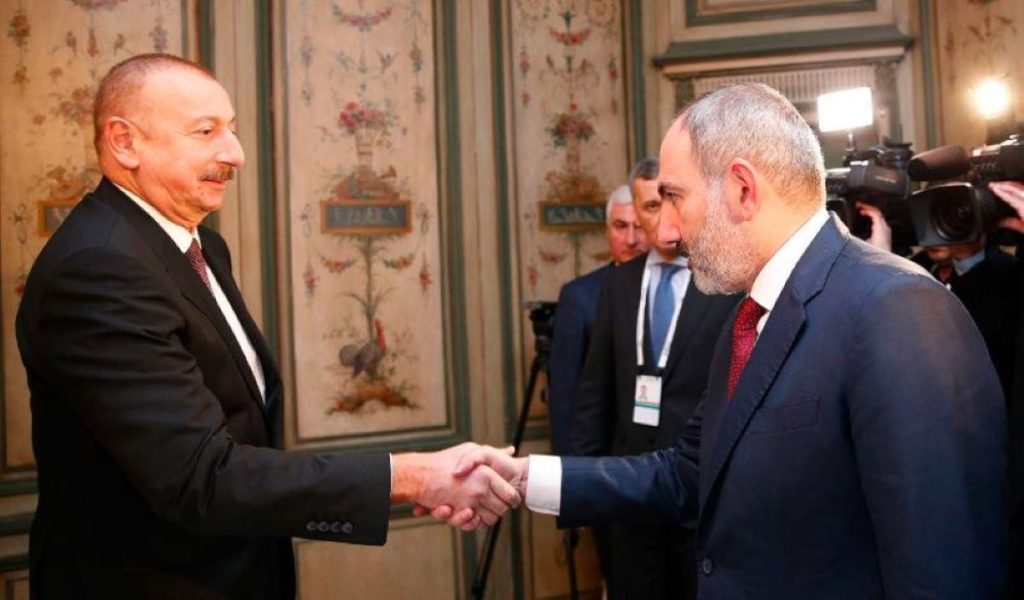
What was the significance of the recent escalation?
“Aliyev is attempting to target countries that support Armenia, labeling them as patrons of Armenia who have strayed from the right path. The recent escalation, involving the killing of Armenian military personnel along the border, underscores Baku’s propaganda and rhetoric, which primarily target the West. This includes, at first, the European Civil Mission, responsible for monitoring the Armenia-Azerbaijan border, followed by France, the European Union, and the USA.
Aliyev plans to replicate the Karabakh scenario in Armenia, aiming to isolate it to evade scrutiny and prevent accusatory statements.
One of the objectives of the blockade of Artsakh was to disconnect it from the international community, ensuring that only the Russian peacekeepers stationed there could comprehend the true situation.
The situation mirrors that of Armenia. Without a European monitoring mission patrolling the Armenian-Azerbaijani border, Baku’s actions could proceed more smoothly. Simultaneously, the expulsion of Western presence from the region could be leveraged to gain favor with Russia and potentially secure additional benefits.
This represents Azerbaijan’s current objective for the near future. If the West persists in issuing mere statements, we may see new escalations along various sections of the border.”
Is there anything that can restrain Aliyev?
“Aliyev is a standard dictator who is afraid of force in any of its manifestations and risks to his own reputation.
This may be a force that will create various problems for it inside Azerbaijan. A force that, on international platforms, could create problems for his reputation. Only such factors can become a deterrent for him.
Aliyev is aware that damaging relations with Russia would lead to consequences. Conversely, he believes that Western responses would be limited to mere appeals. Appeals, statements, and court decisions can be disregarded without significant repercussions for Aliyev. He anticipates that European officials will eventually extend cooperation and encourage him to resume negotiations.
Doesn’t the West see Aliyev as a typical dictator who seeks to address issues through aggression? Typically, the West responds differently in similar situations, driven by its own interests.
Azerbaijan’s gas reserves are insufficient to fully meet European demands. However, Russian gas is transported through Azerbaijan. Baku purchases gas from Russia and sells it to Europe. Although this arrangement is widely known, it benefits all parties involved. This is the advantage exploited by the dictator.”
To destroy Armenia?
“Clearly, Aliyev is not interested in a peace treaty that would constrain his actions. Instead, he seeks a process aimed at dismantling Armenia as a sovereign state.
This is evident in his assertions of “Western Azerbaijan” and the claim that present-day Armenia comprises their historical lands. The Azerbaijani Ministry of Defense has taken the step of renaming Armenian settlements in its statements to portray them as Azerbaijani territories. Baku has even introduced the term “conditional borders” to assert its claims.
He does not recognize the Soviet maps of 1975, which Pashinyan proposes to use for delimiting the border. Aliyev insists on using maps from 1918-20.
Both Russia and the West hold a negative stance on this matter. Azerbaijan’s reasoning on this issue even surprises Moscow.
This is why Baku proposes bilateral negotiations with Armenia, without mediators, based on the principle of “I’ll instruct you on what to do, and you simply comply.”
But Russia has its own interests. It seeks to be involved in every process, dictating its terms as a mediator.
The Russian platform poses risks for Pashinyan, as he positions himself as a pro-Western politician. Meanwhile, Aliyev avoids Western platforms. As a result, direct negotiations have become feasible.
In general, the destruction of Armenia is not in the interests of both the West and other countries in the region, particularly Iran, Georgia, and even Russia. Moscow currently shares many interests with Baku on various matters, but not on this one.
In this scenario, it’s crucial to handle the situation with care, consistently highlighting that Azerbaijan is pursuing an anti-Western policy, aiming to oust the West entirely from the region and vilifying it, thereby escalating the risks of conflict in an already delicate situation. Meanwhile, our Western allies need to articulate their own expectations and demands from Azerbaijan.
Risks associated with Russian mediation
“Moscow and Baku are pressuring Yerevan to open a corridor through Meghri [located in southern Armenia] under the pretext of establishing communication links that would connect Nakhichevan with Azerbaijan and relinquish control over movement.
Russia aims to assert control over the corridor itself, with Azerbaijan content with this arrangement as a temporary measure. In Berdzor [Lachin corridor], following the 2020 war, Russian forces initially held sway, but subsequently, control of the corridor shifted to Azerbaijan.
Furthermore, Russia undertook obligations concerning the security of the people of Artsakh, which it ultimately failed to fulfill, resulting in the mass exodus of Armenians from their homeland. Now, Russia seeks to position itself in strategically vital sections of the Armenian border without providing clear assurances.
This poses significant risks to our country’s security, particularly given the geopolitical landscape and the convergence of Russian and Azerbaijani interests.
The West also opposes Russian control, while Iran plays a significant role in this intricate geopolitical process, preventing Baku from completely securing the corridor.”
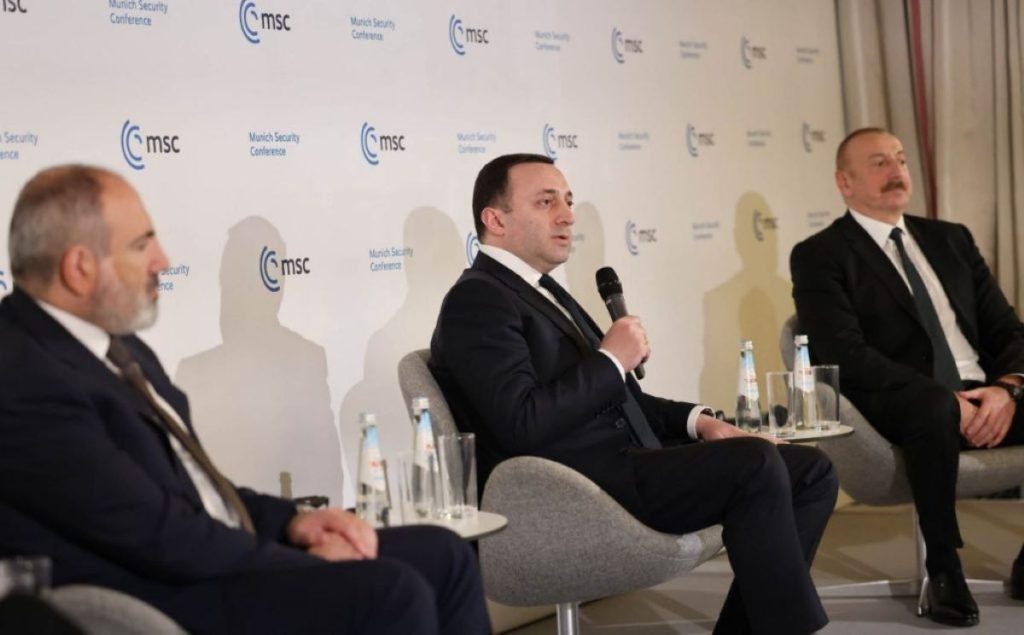
Чего ожидать
“The logic of escalation will persist. Amidst a potent information campaign against Armenia, territories connecting Armenia with Iran and Georgia, including the entire Syunik region [the southern region of Armenia bordering Azerbaijan], are at risk of attack. Azerbaijani propaganda itself highlights these areas.
Aliyev will continue the strategy of incremental warfare until a more opportune geopolitical situation arises for decisive action. However, the current environment is not particularly conducive to such maneuvers. The West consistently emphasizes the inviolability of Armenia’s sovereign territory, and behind-the-scenes warnings may also be issued.
Additionally, Baku’s planning for the UN Climate Change Conference (COP), which was ceded to it by Yerevan, serves as a constraint on Aliyev’s military ambitions. Engaging in large-scale warfare could jeopardize Azerbaijan’s participation in this significant event, crucial for Aliyev’s efforts to legitimize his rule.
Typically, decisive aggression occurs amidst significant consensus or silence, as witnessed in the case of Artsakh. Deals are also conceivable in the case of Armenia. For instance, Azerbaijan might agree to serve as a launchpad against Iran.”
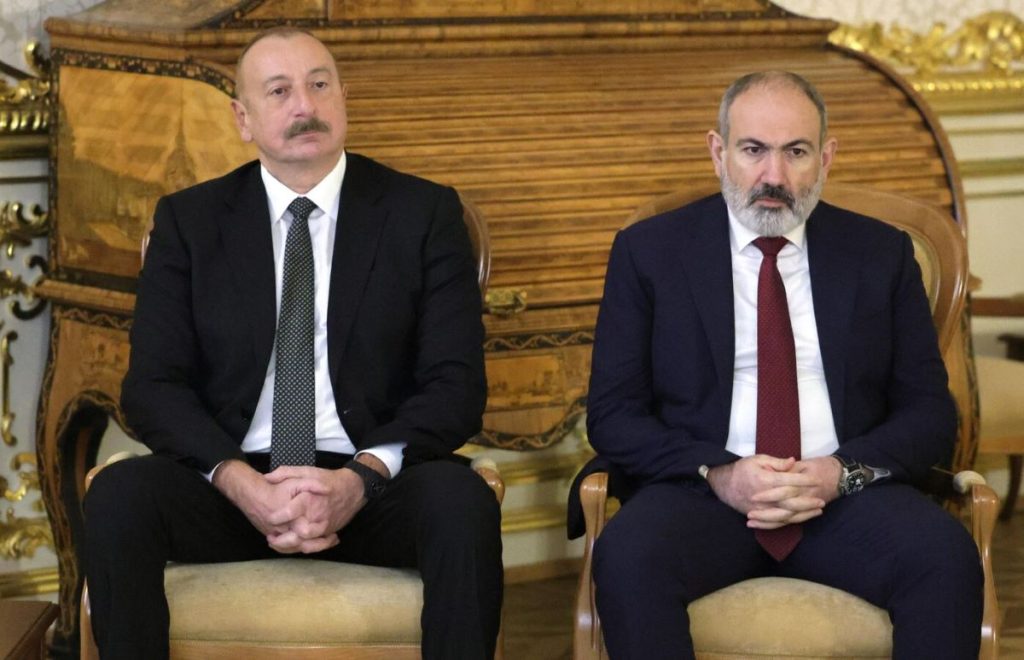
Follow us – Twitter | Facebook | Instagram
Baku’s plans










